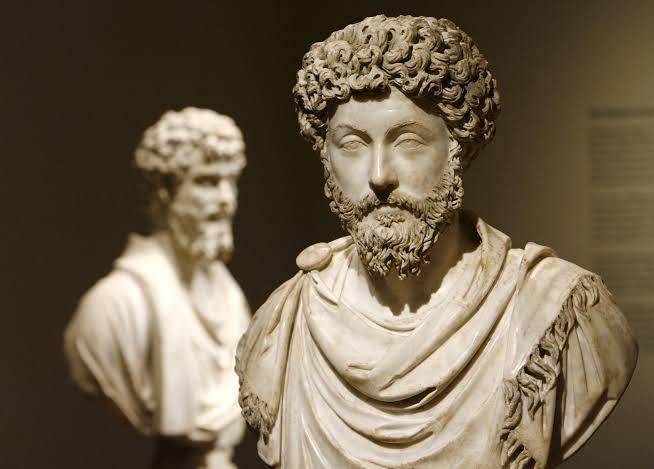Is Stoicism the secret to a fulfilling life?
- medpulsemag
- Feb 22, 2021
- 2 min read
Meryam Shershaby
“I have to die. If it is now, well then I die now; if later, then now I will take my lunch, since the hour for lunch has arrived – and dying I will tend to later.”
– Epictetus
This quote sums up the core teaching of stoicism, to focus only on which is in your control and not to worry about that is out of your control. It sounds so simple. Makes so much sense. Yet, it so hard.
Stoicism is a Philosophical school of thought founded in 3rd century B.C. in Athens. Most of the works of early Greek philosophers have been lost. Instead, the works of the Roman trio of Epictetus, Seneca and Marcus Aurelius live on. Epictetus was a slave and Marcus Aurelius an esteemed emperor.
The three fundamental parts of stoicism are Nature, Physics and Ethics.
In order to live a fulfilling life according to the stoics, one needs to:
1- Live in harmony with the world around them (Nature)
2- Understand the basic fundamentals of how the world works (Physics)
3- live in accordance to ones values (Ethics)
By applying these fundamentals, the stoics promise:
Fearlessness, absence of distress and anxiety, freedom, and a smooth flow of life.
In present day, Stoicism doesn’t have as many followers as it ones had. However, its teachings seep into modern day life. Cognitive Behavioral Therapy for example is based on stoicism’s concept of controlling emotions.
It is important to note here that there is a clear difference between controlling and suppressing one's emotions. The stoics didn’t eliminate emotions all together (nobody can do that). They merely hoped to replace the negative ones with positive ones.
The stoics do not shun pleasure, or wealth or success. This is in contrast to earlier schools of thought, as the cynics, who frowned upon pleasure and rid themselves of all worldly possessions.
Stoic's stance is that if one is blessed with material things one should be grateful. However, we shouldn’t be attached to these things. As they are not ours to keep.
“Until we go without them, we fail to realize how unnecessary many things are. We’ve been using them not because we needed them but because we had them.” –Seneca
Another core teaching is the idea of fate. What is meant to happen will happen. That doesn’t mean that we should give up on trying. Our thoughts and actions are still in our control.
A great analogy for this concept is an Olympic archer. He has calculated exactly how the arrow will go. He has practiced over and over. Yet, as he shoots his arrow, an unexpected gush of wind blows his arrow away.
It is not in our control whether the arrow actually hits the target, but that doesn’t mean we were in any way at fault. We did our best regardless of the outcome. That is what is important.






Comments